Leadership and Management Styles: A Case Study of Wa Pila Hotel
VerifiedAdded on 2023/01/23
|20
|1323
|65
Report
AI Summary
This report provides an in-depth analysis of leadership and management principles within the context of the service industry, using the Wa Pila Hotel as a case study. It begins with an introduction to the importance of effective leadership and management in achieving organizational goals, followed by an examination of classical management theories, including administrative and contingency theories, and their application in the hospitality sector. The report also explores different types of organizational culture, such as power culture, and the roles of leaders and managers. A significant portion of the report is dedicated to identifying and comparing various leadership styles, with a focus on democratic and autocratic approaches, and evaluating their effectiveness. Furthermore, the report discusses the influence of technology on leadership, particularly in how it can be used to motivate employees and improve productivity. The conclusion summarizes the key findings and emphasizes the importance of adapting management styles to meet the evolving needs of the business. The report references relevant academic sources to support its analysis.
1 out of 20
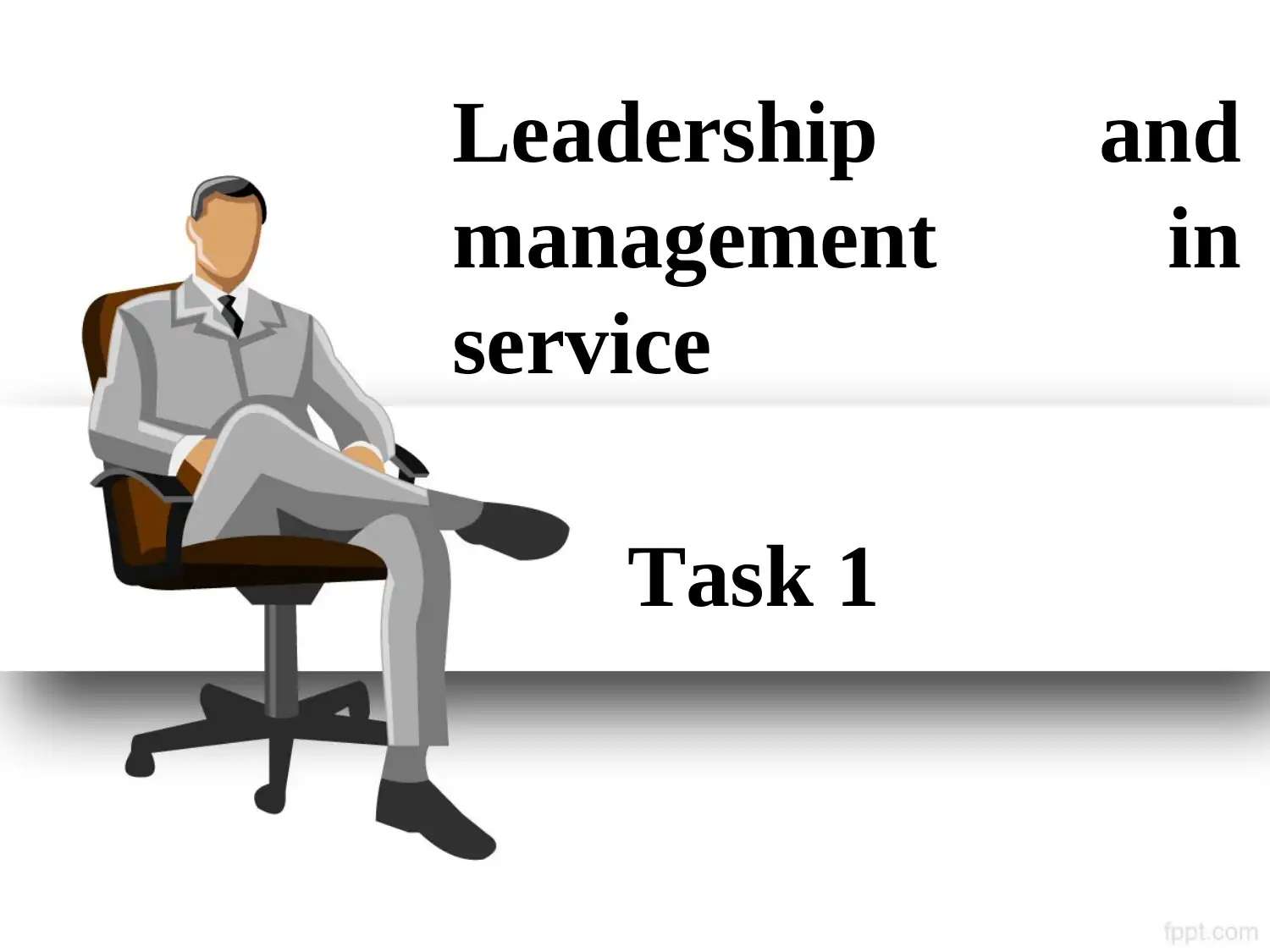
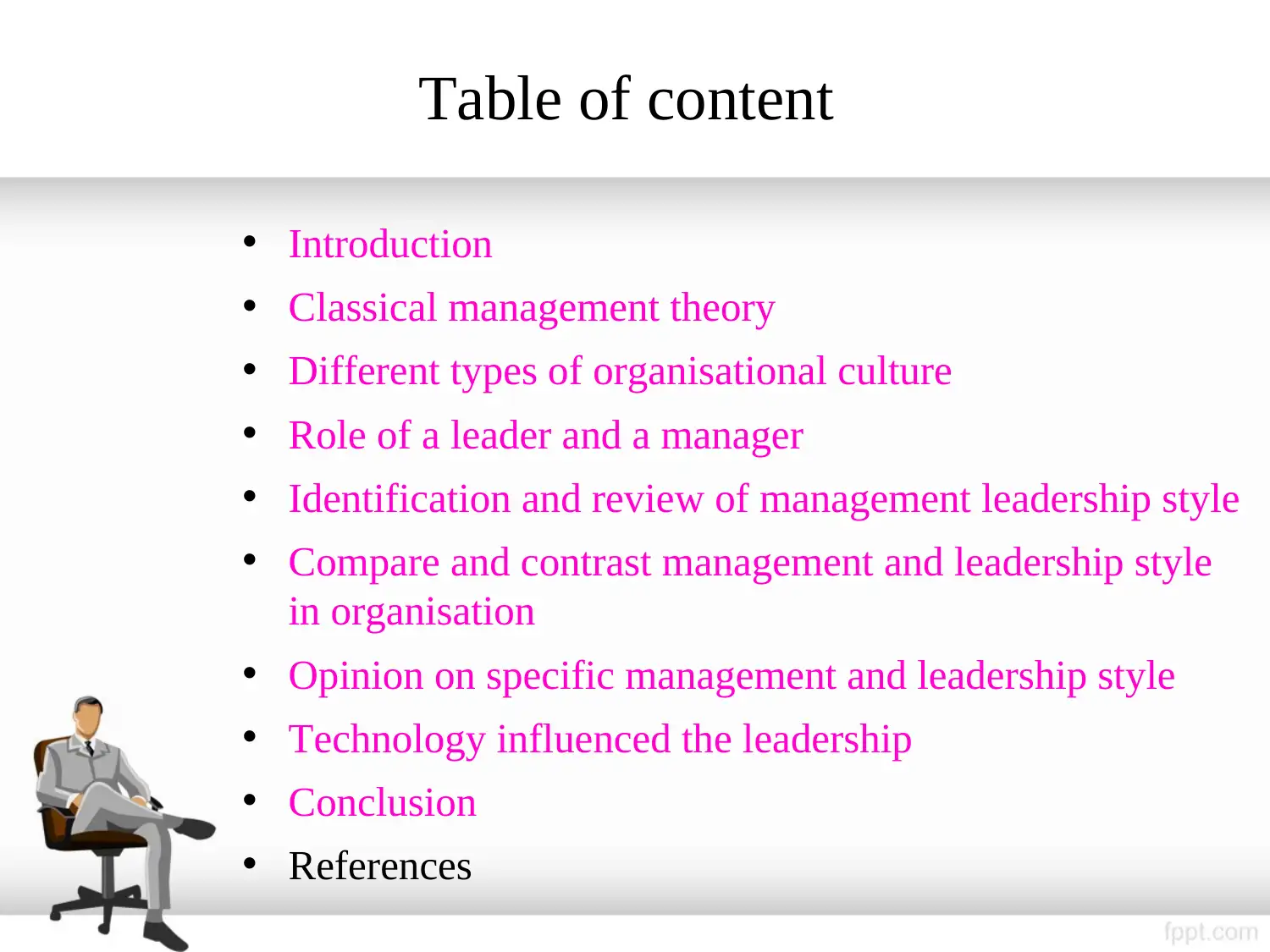
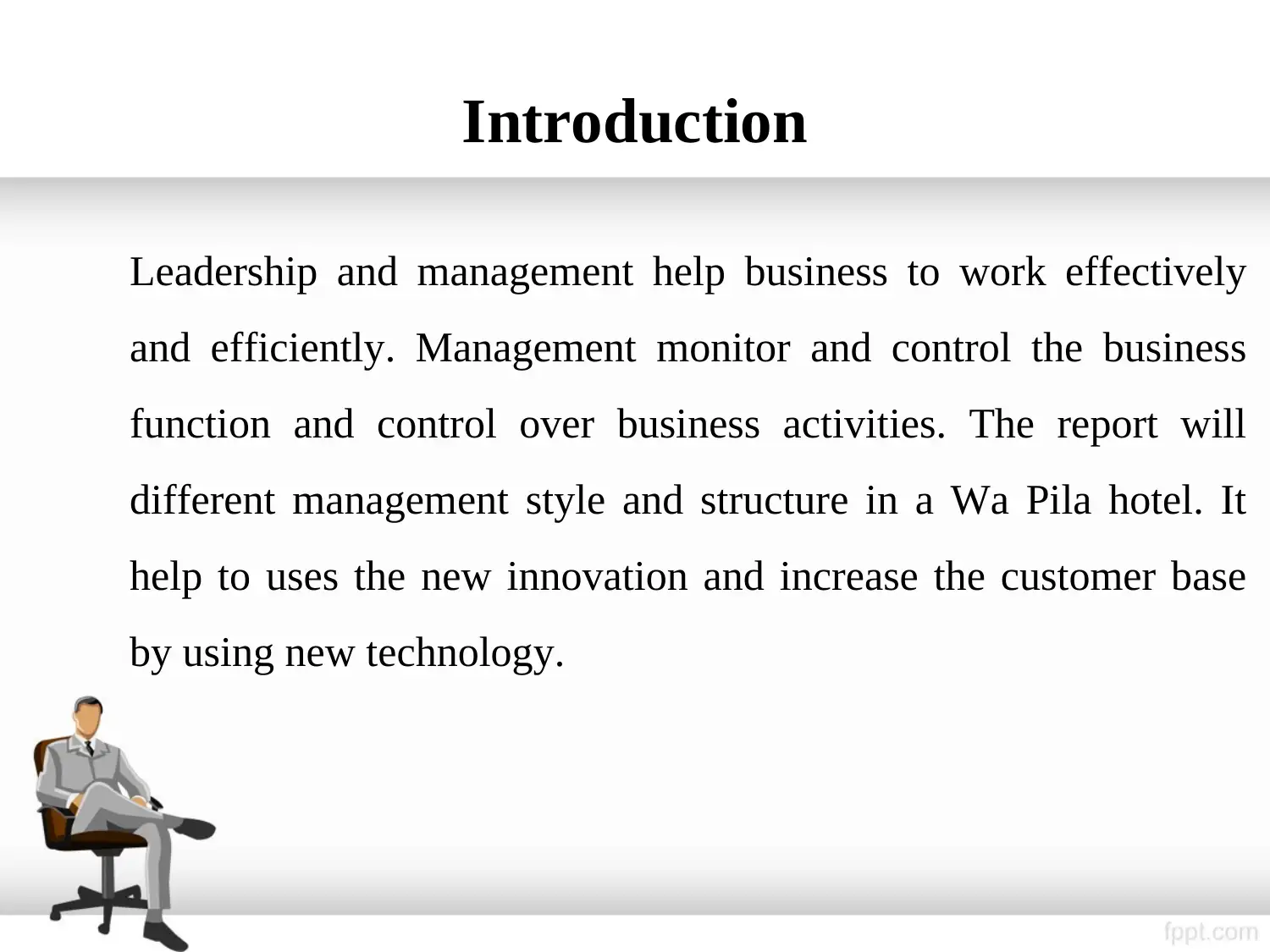

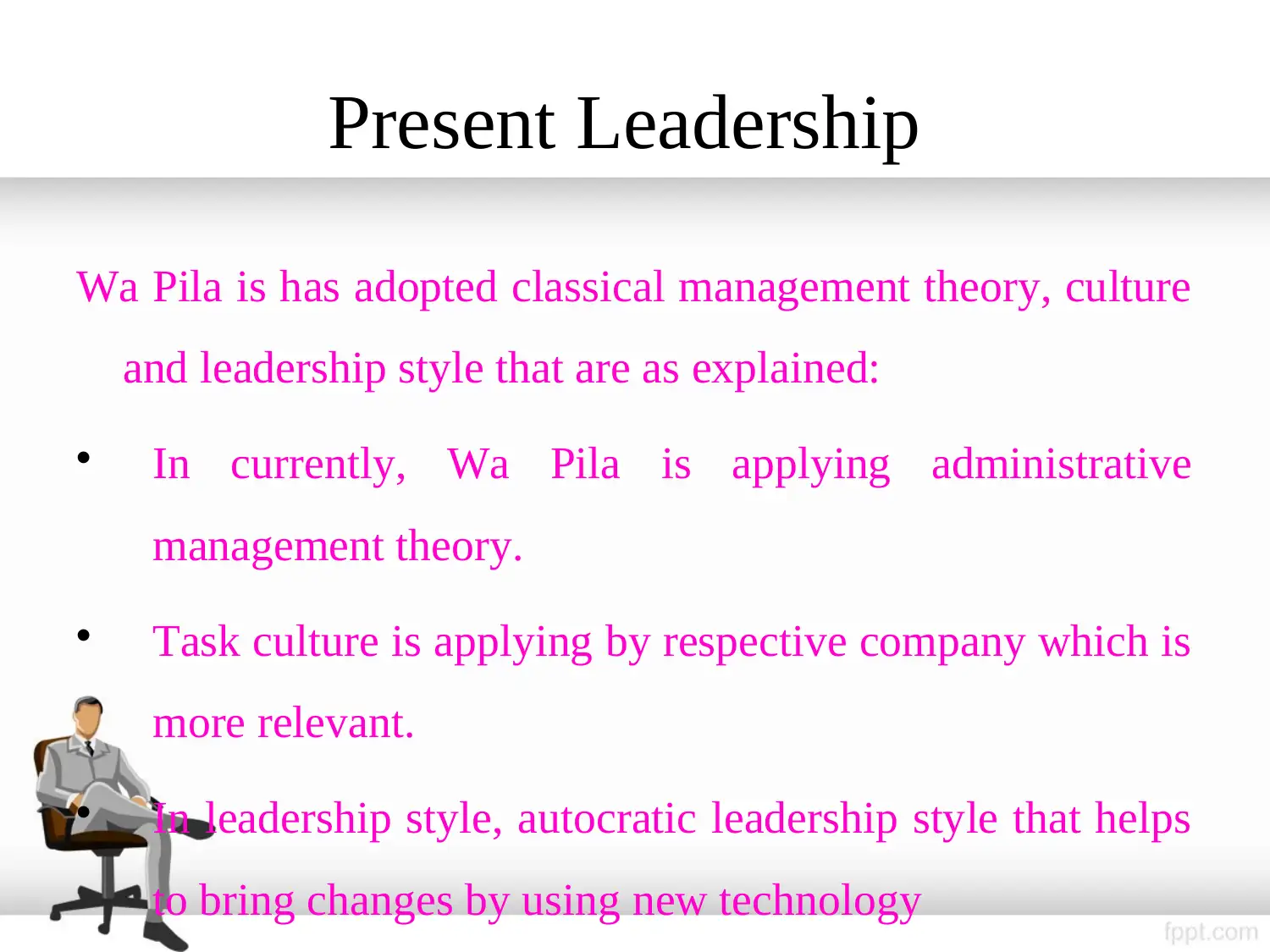
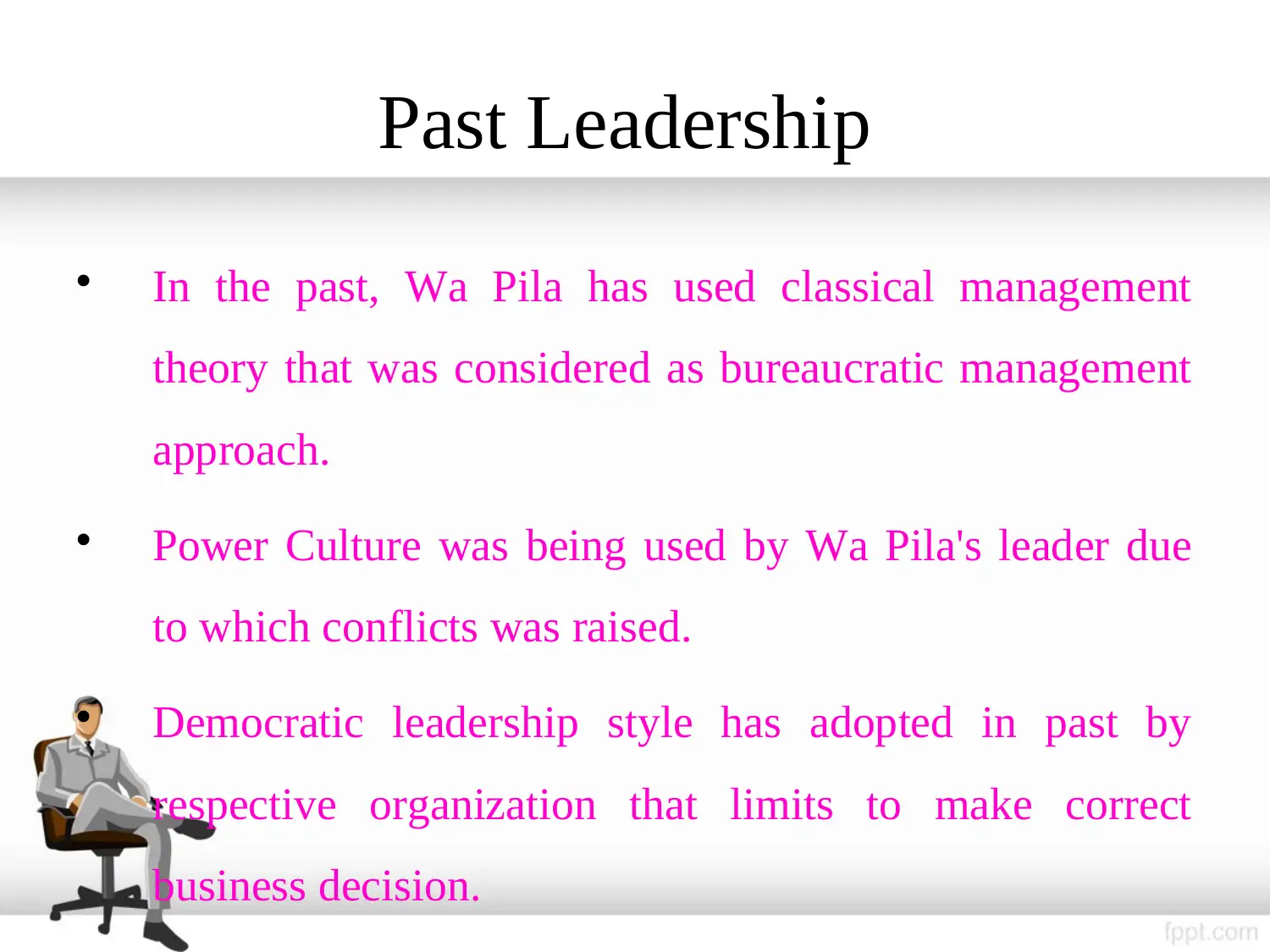
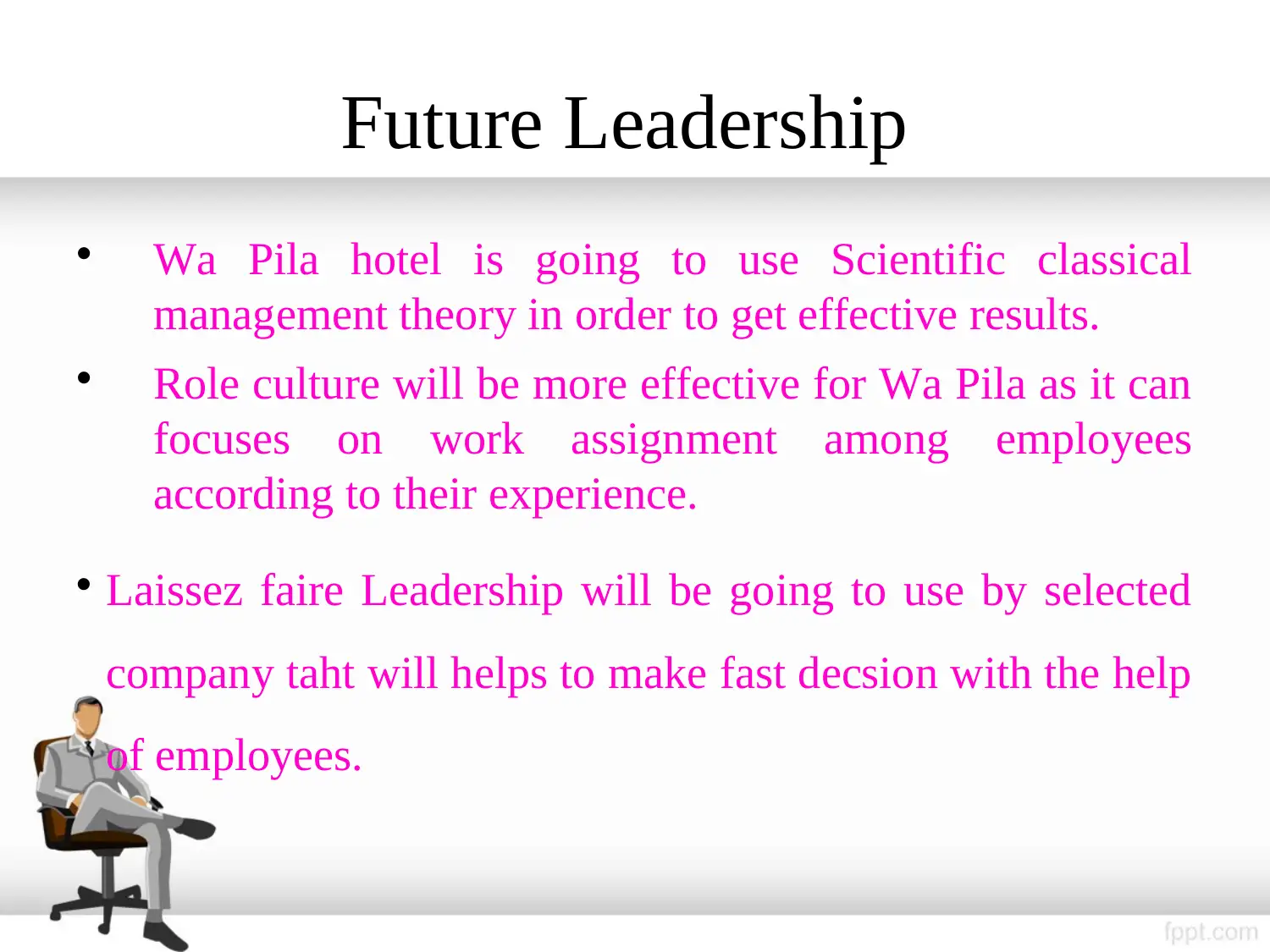
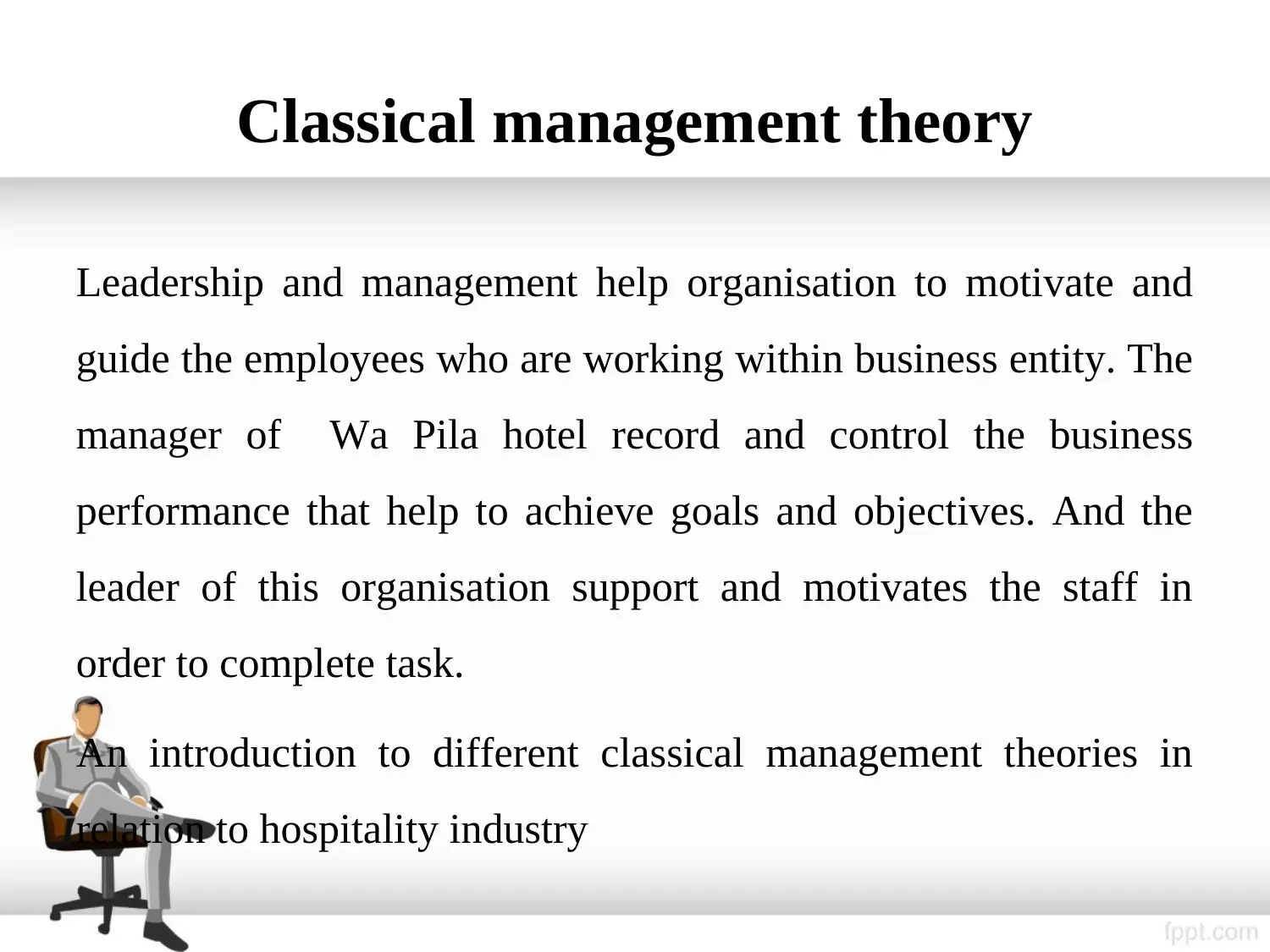
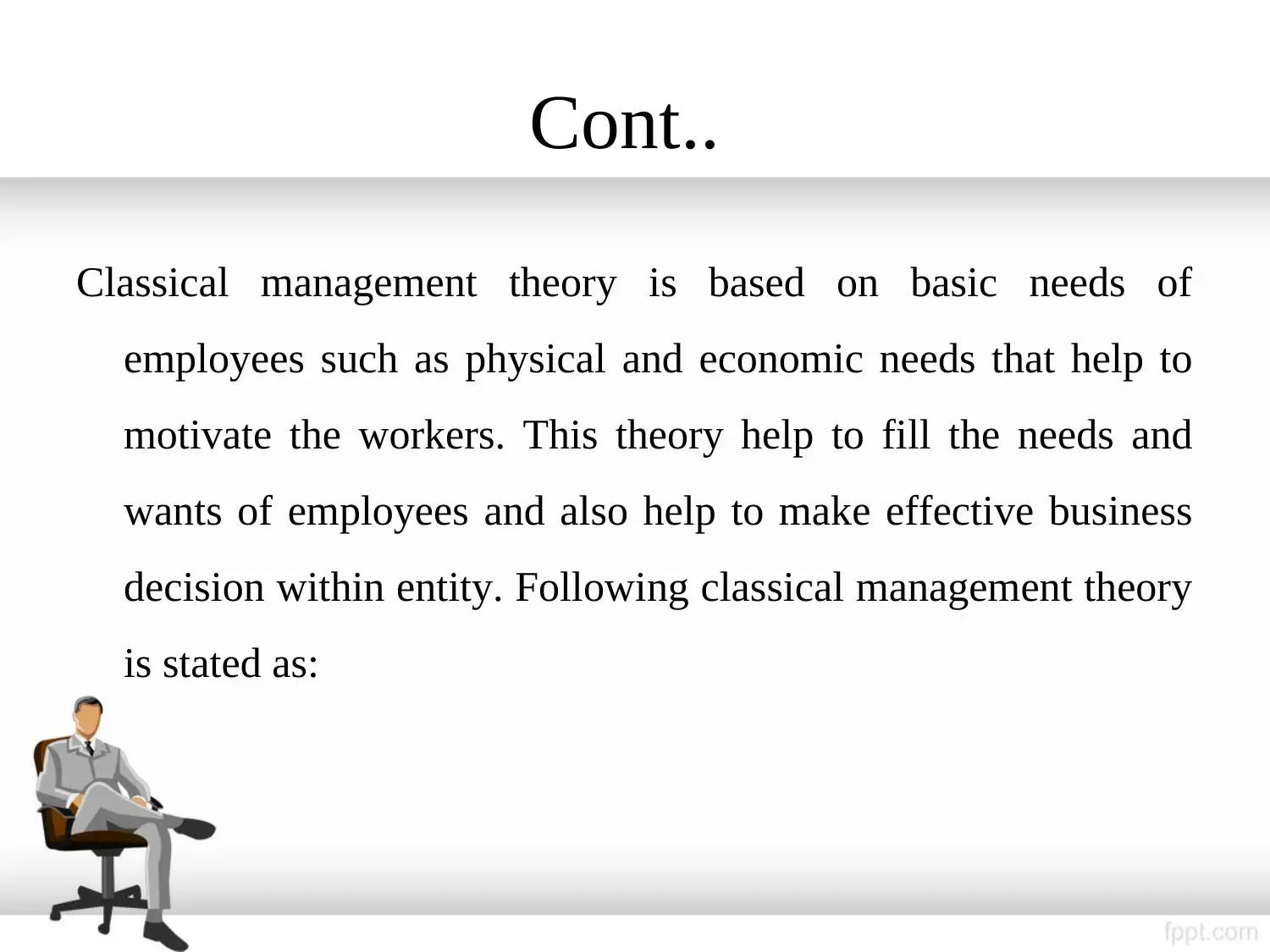
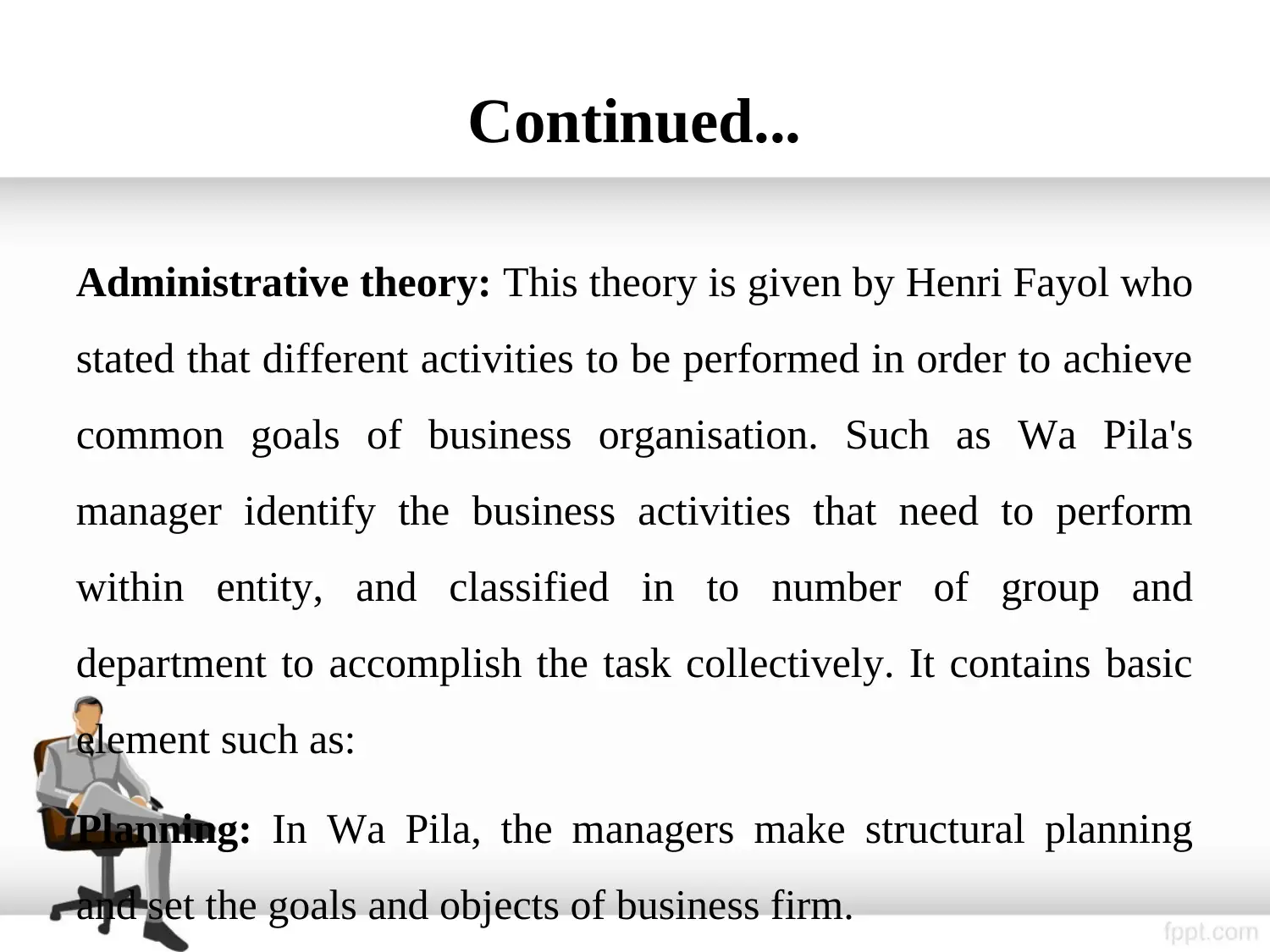
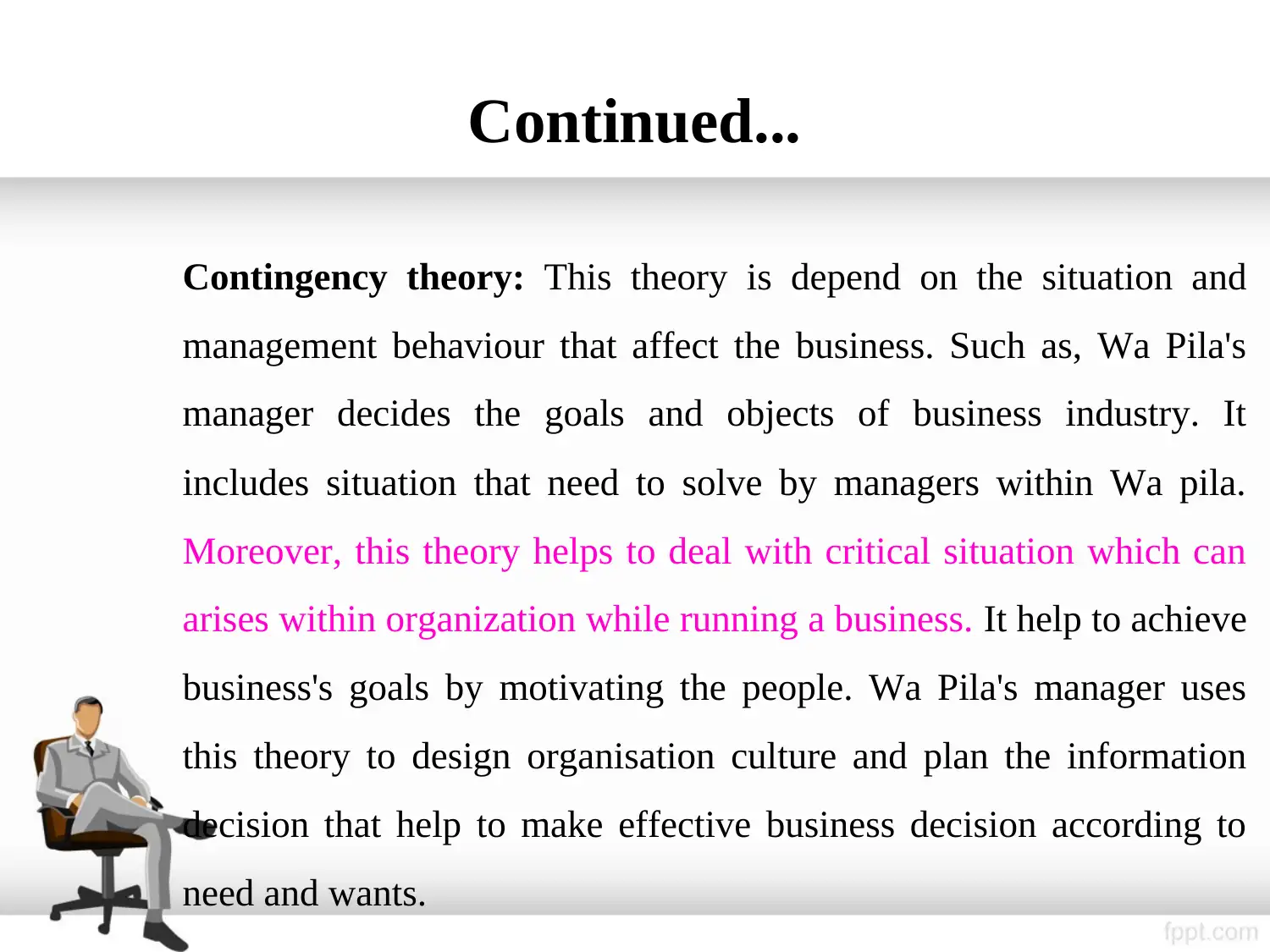
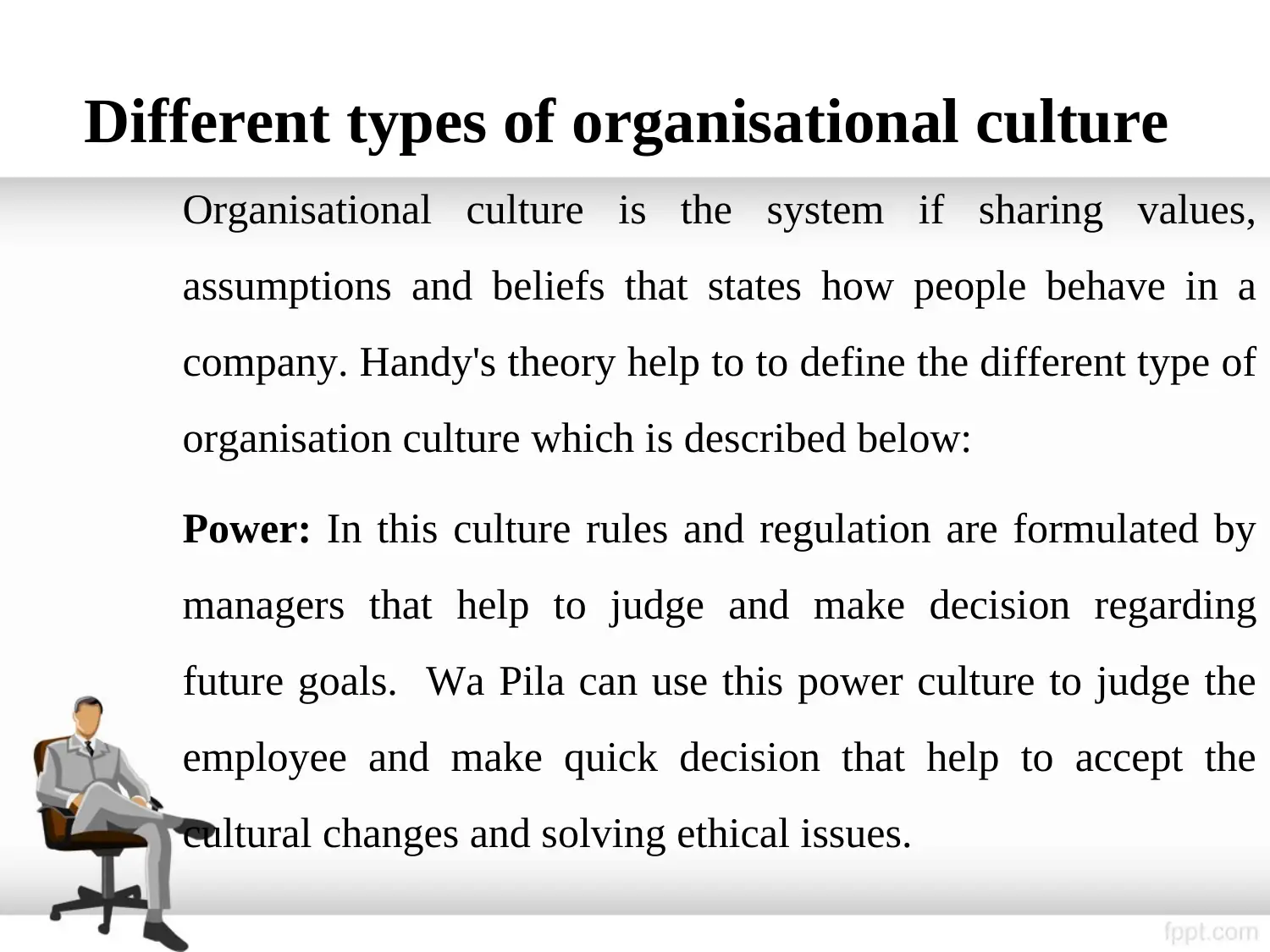
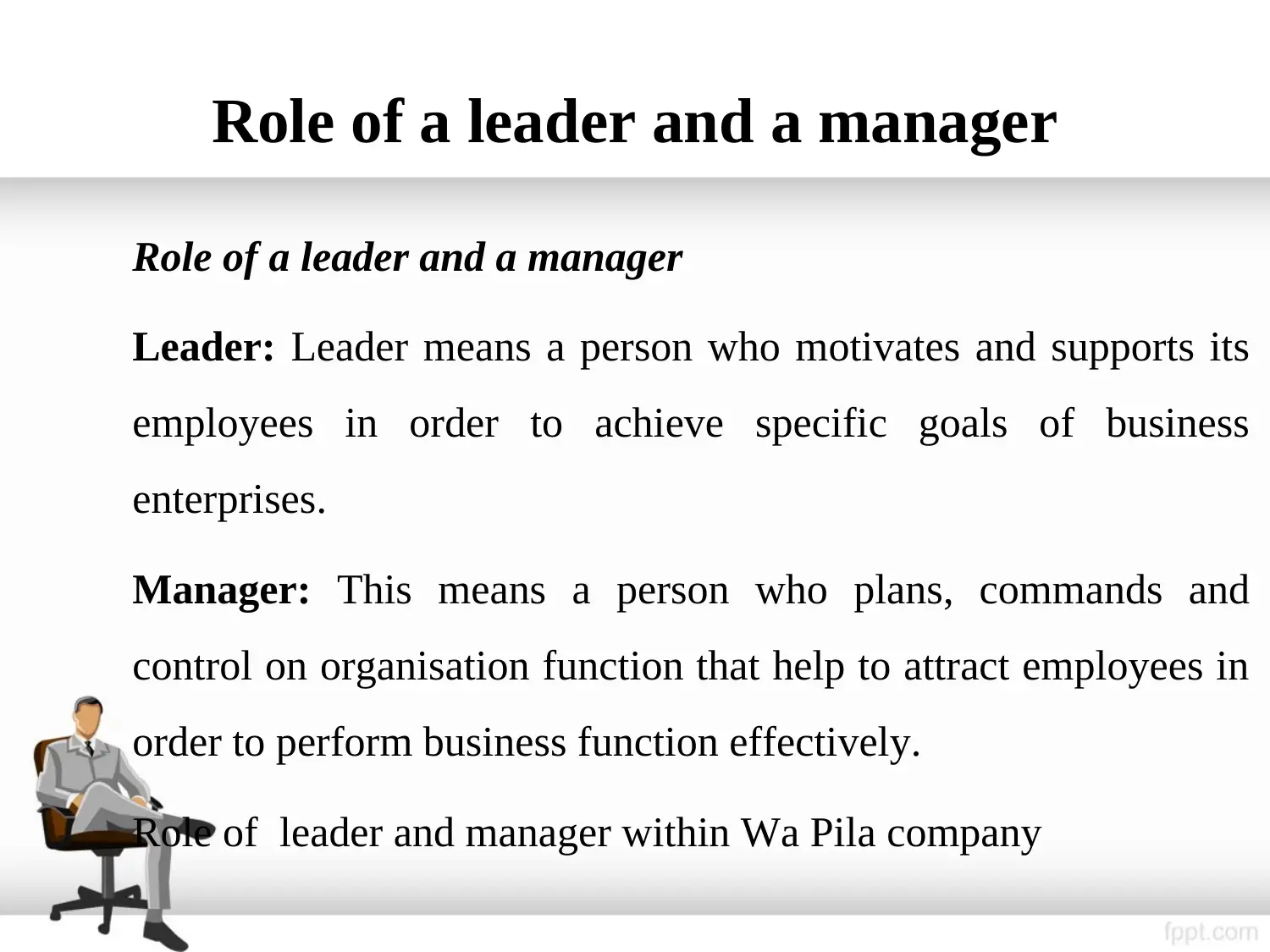






![[object Object]](/_next/static/media/star-bottom.7253800d.svg)